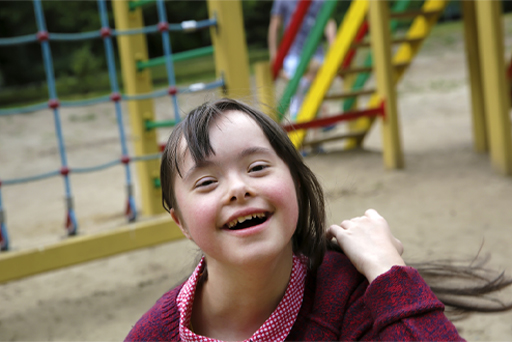2.3 Within the wider community
The wider community includes the local neighbourhood and services. For example, children’s centres provide parenting classes, play services and early education and they make a positive contribution to supporting children’s mental health and wellbeing. However, many children’s centres have closed since 2010, leaving a gap in the services available in the wider community.
Local neighbourhoods: safe outdoor areas with well-maintained parks and playgrounds can make a positive contribution to children’s wellbeing. Being outdoors and engaging with others can also help to reduce children’s screen time (All Party Parliamentary Group, 2019).
Professionals delivering children’s services: there is a need to promote knowledge about children’s mental health as well as greater understanding of the ways that children’s wellbeing can be improved. In relation to very young children, educators in pre-school and school settings can make a positive contribution to supporting children’s mental health and wellbeing. Early childhood and primary curricula have many strategies that can make a positive contribution. High-quality early education is especially important; for instance, the key person helps young children to develop a relationship with practitioners who know the children’s needs and, in negotiation with parents, can help identify how best to meet such needs. High-quality early education and care requires adults to listen to how children express themselves, both verbally and non-verbally, so that the children’s voices can be taken into account in all decision-making affecting their lives.

